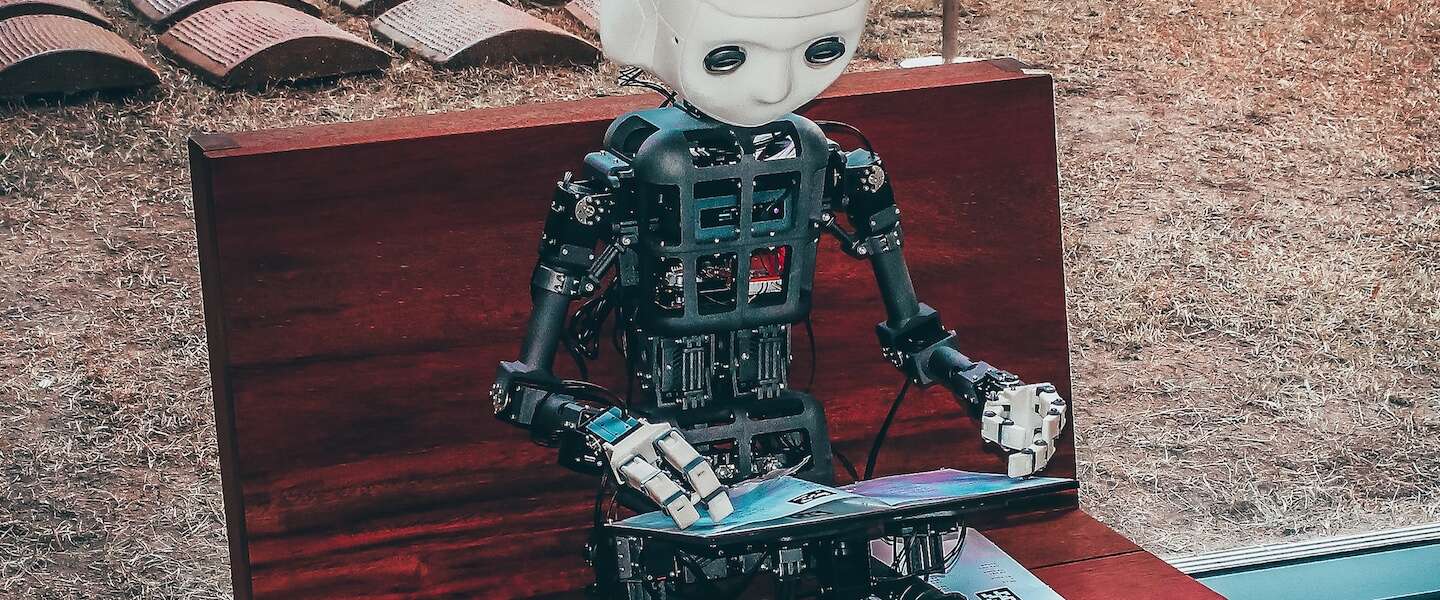
Five questions about finances, stocks, holidays, education and happiness
The rise of AI chatbots like ChatGPT and Bard has caused quite a stir in recent months. Students use them to do their homework, people who have never seen a pan up close write cookbooks with them (see tweet below) and even some media are already experimenting with ‘replacing’ editors for writing articles. Not all initiatives have proved equally successful, but we must of course also take into account the fact that the AI text generator technology is still relatively in its infancy.
Cities where living is affordable
Reuters wanted to know if the two best-known AI chatbots, Bard and ChatGPT, can help people with financial and other ‘day-to-day’ issues. The AI chatbot as a financial advisor, so to speak. It started with a simple question: What is (in the US) the cheapest city to live in. Or, where is my dollar worth the most.
ChatGPT came up with Fort Wayne, Indiana and Knoxville, Tennessee. Both cities were praised for their relatively affordable cost of living and growing job markets. Bard also mentioned Fort Wayne, but also added a few other contenders: Henderson, Nevada; Sioux Falls, South Dakota; Wichita, Kansas; and Oklahoma City.
Equity advice
Subsequently, the AI chatbots were asked to advise on the purchase of the best (most profitable) stocks. ChatGPT began its response with the disclaimer that it “cannot provide personalized investment advice or predict stock performance.” The chatbot then named the AT&T stock as a good investment, based on its below-average price-to-earnings ratio plus its 7.1 percent dividend yield.
Bard agreed. AT&T also advised that AI chatbot, but – just like with the ‘cheapest cities’ – Bard gave a few extra options: Verizon, Procter & Gamble, 3M and Johnson & Johnson.
The chatbots were then also asked which stocks are currently most attractively valued. ChatGPT recommended Amazon mainly because of its attractive price-to-sales and price-to-book metrics after a challenging year. Bard again came up with some extra options: Tesla and Apple, but also those of its owner Google. Bard based the choice of these companies on the fact that the price-earnings ratios for all of those companies were well below their five-year average.
Good schools, cheap holidays and does money buy happiness?
Reuters’ test had some other questions for both AI chatbots. It was striking that Bard and ChatGPT were less in agreement when it came to choosing the best schools. Together, they named a total of seven universities, but no university was advised by either.
The question of where you can spend the most affordable holiday this summer, in the US, also resulted in Bard’s advice to stay at home or go to relatives. ChatGPT did come up with some serious options: the Great Smoky Mountains National Park, Myrtle Beach, South Carolina, and Austin, Texas.
Finally, it was also asked whether money can buy happiness. ChatGPT’s overall answer to that question: “Studies have shown that increasing wealth can be associated with greater happiness to some extent, as it can provide access to basic necessities such as food, shelter, and health care, as well as opportunities for education and experiences.”
Bard played around a little less and said that cash won’t give us the ultimate satisfaction we seek. “Money cannot buy happiness itself. Happiness is a state of mind that comes from within. It is not something that can be bought or sold.” Well, we already knew that before an AI chatbot came to tell us, right? 😉




